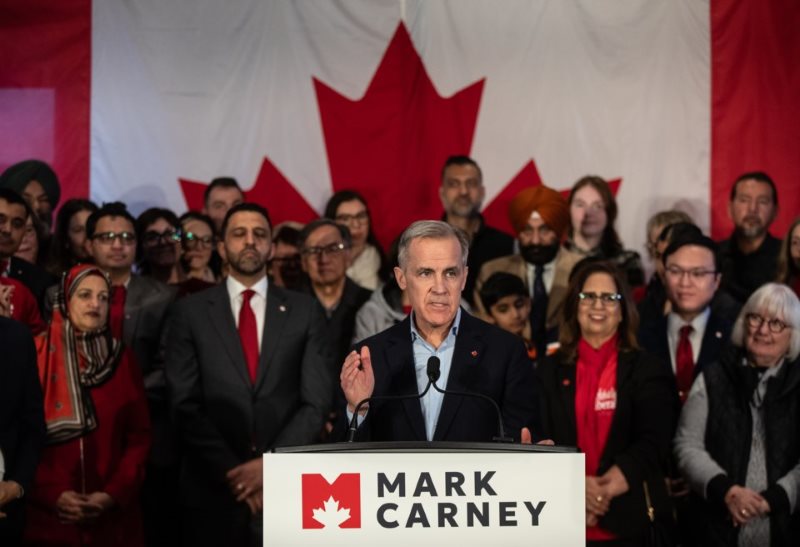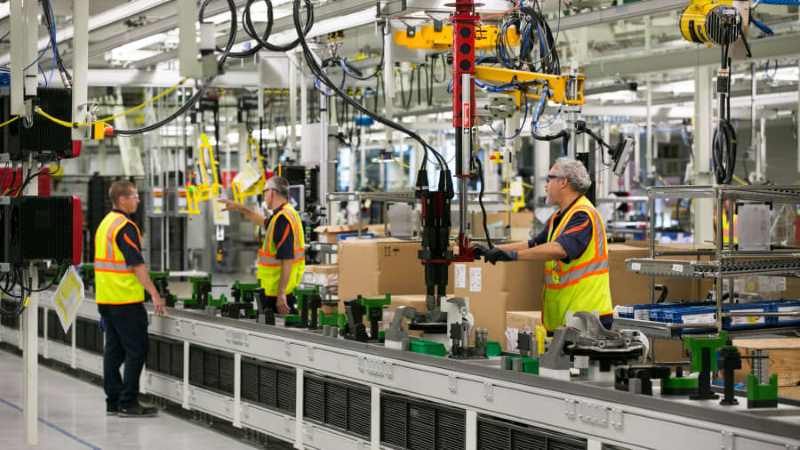Economy
Trump Eases Auto Tariffs to Support Domestic Manufacturing
President Trump has announced modifications to his auto tariffs strategy, reducing financial pressure on U.S. automakers by preventing compounded levies on foreign-made vehicles and components. The White House confirmed Tuesday that some duties on imported parts used in American production will also be reduced.
Policy Offers Retroactive Reimbursement
The updated approach exempts automakers from additional charges—such as steel and aluminum tariffs—on top of the 25% tariff on foreign-built vehicles, which took effect earlier this month. The change will apply retroactively, potentially refunding duties already paid.
Phased Support for Vehicle Assemblers
A separate set of tariffs on imported auto parts, set to begin May 3, will be offset temporarily. Automakers will receive reimbursements tied to the value of U.S.-assembled vehicles—3.75% in the first year, declining to 2.5% in the second, before phasing out entirely.

Carney’s Liberals Maintain Edge as Canada’s Tight Election Nears Conclusion
The Conservative Party steadily eroded the advantage held by Mark Carney’s Liberals in the final…
Criteria Based on Domestic Content
To qualify for these offsets, vehicles must contain at least 85% U.S. and USMCA-compliant content in the first year, increasing to 90% in the second. The benefit applies only to vehicle manufacturers, not parts suppliers, but includes foreign automakers operating within the U.S.
Executive Action Timed with Key Milestone
Trump plans to sign the executive orders Tuesday evening during a rally near Detroit commemorating his 100th day in office. The administration presents the move as a targeted effort to ease industry adjustment and strengthen U.S. production capacity.
Automakers Signal Support
Industry leaders responded positively. Ford CEO Jim Farley stated the changes would help ease pressure across the supply chain. GM’s Mary Barra praised the administration’s willingness to engage in constructive dialogue with the sector.
Longer-Term Impact Still Uncertain
Analysts warn that vehicle prices will likely rise despite recent concessions. Morgan Stanley estimates an increase of up to $6,000 per car. Reshoring production, a key goal in Trump’s trade agenda, remains a slow process. Experts say it may take years to implement fully.


